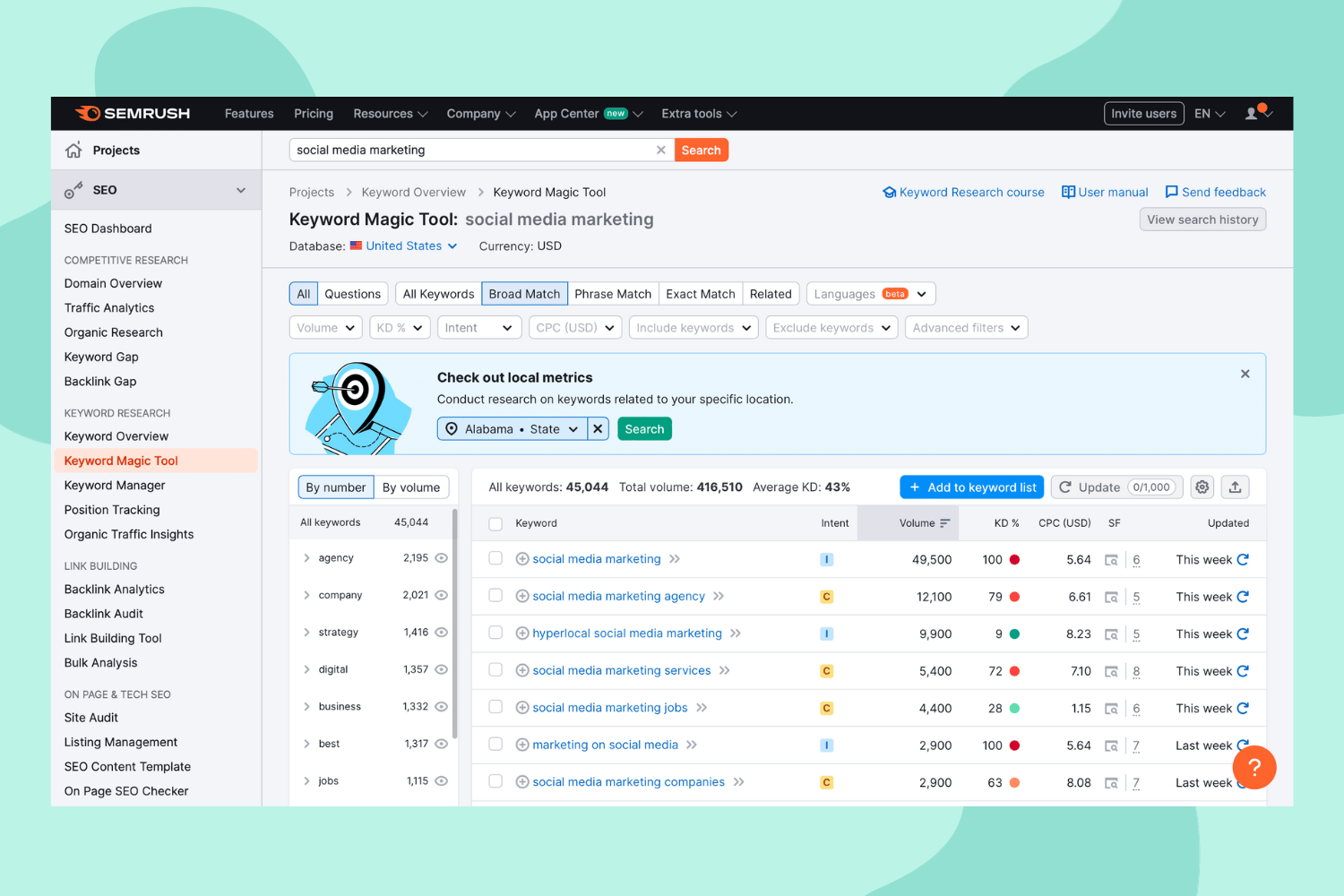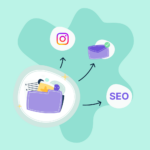Businesses and individuals have been using content for decades to capture customers organically and rank on Google, YouTube, Bing and many more such platforms. In the current time, content marketing has become crucial but hard at the same time with increasing competition.
Even though there is more competition, content marketing is still a practical option for businesses because it doesn’t cost as much as ads and gives the same or even better results in the long run. In this blog, we will dive deeper into the concept of content marketing, its importance, and how to develop an effective content marketing strategy.
What is content marketing
Content marketing is the process of creating and sharing valuable information, such as articles, blog posts, videos, infographics, and social media posts, with the aim of attracting and engaging a specific target audience.
Unlike traditional marketing, which is focused on selling products or services directly, content marketing aims to provide value to the audience by educating or entertaining them. The ultimate goal of content marketing is to build a strong relationship with the audience, establish trust, and ultimately drive profitable customer action in the form of conversions.
Benefits of content marketing
There are several benefits of content marketing over all other forms of marketing, let go through them to make the importance of content marketing even more clear.
Builds brand awareness: Content marketing is a great way to build brand recognition by creating content that focuses on what your target audience is looking for. By consistently sharing high-quality content, businesses can establish themselves as industry experts and thought leaders, increasing their brand’s credibility and visibility.
Generate quality traffic: Valuable content helps businesses attract organic traffic from search engines and social media platforms to your website, which helps to increase the chances of lead generation.
Long-term results: Content marketing is a long-term strategy that continues to deliver results even after the initial content is published. Valuable content can be evergreen, meaning it remains relevant and valuable to the audience for an extended period.
Lead generation: Well-crafted content can attract and capture the attention of potential customers. By offering valuable information and solutions to their pain points, businesses can generate leads and build a database of interested prospects.
Cost-effective marketing strategy: Compared to traditional advertising methods, content marketing is a cost-effective strategy. Creating and distributing content is relatively affordable, especially when compared to paid advertising campaigns. Additionally, content has a longer lifespan, meaning it can continue to generate results over time.
Content marketing strategy
A well-thought and planned content marketing strategy is needed to enjoy the benefits of content marketing. Here are some key steps to consider:
Set up goals
The first and most important step is to plan your goals with content marketing. This is because content marketing efforts without goals are as useless as shooting arrows in the dark.
The goals should be designed based on your short-term and long-term goals. Whether it’s increasing brand awareness, driving website traffic, or generating leads, having specific goals will help guide your strategy. These goals together will define the type of content you should be working on to keep you the best results.
Understand your audience
The next important step towards having a great content strategy is to have a clear understanding of who your target audience is and what they want. For starters, this can be simply done by figuring out who is going to the user or buyer.
To go more in-depth, you can conduct research or create a buyer persona using free tools like HubSpot’s Make My Persona. This will help you gain an in-depth understanding of your target audience’s needs, preferences, and pain points. Apart from these, it will also help you create content that resonates with them and addresses their specific challenges.
Content planning
Content planning is the step where actual decisions are made in-terms of what content would be written and what won’t. Your content plan should be based upon your above decided goals and the needs of your audience.
The best way to start this would be to start looking for types of content that would be relevant to your target audience. This can be achieved by going through multiple Google searches, suggestions, FAQs.

If you want to have a more precise planning or want to identify low competition keywords, then you can use tools like Semrush or Ahrefs which are tools specifically made for SEO and keyword research.

Have a distribution plan
Most business owners think that their job ends once they have written and published the content, as Google will automatically promote it. While that may be true in certain cases, but your content does not always rank on Google, especially if there is a high competition.
To solve this, you should reduce your dependency on search engines like Google and focus on other channels as well. For example, blogs can be converted into a YouTube shorts, LinkedIn carousel, Twitter thread and newsletter, which helps you get in front of your target audience without relying on search traffic.
Examples of companies that do well with content marketing
It’s always a good idea to learn from others and the same goes for content marketing, let’s go through a couple of companies who have been doing well and what you can learn from them.
HubSpot
HubSpot is a popular CRM tool that has been leveraging great content marketing at scale for quite some time now. Their approach is more of an omnichannel way, and they keep pushing content to multiple platforms like Facebook, Instagram, YouTube, their blog and a few other places.

Their content performs well because they create different types of content based on the platform’s audience. Apart from different types of content, HubSpot also focuses on reusing content where they convert their blogs into videos and posts which are then distributed on other platforms like LinkedIn and YouTube.
Ahrefs
Ahrefs is an SEO tool that has been using content marketing to build brand awareness and credibility. They primarily focus on building content around SEO, which includes general content swell as their regular case studies and research, which helps their content remain fresh.

They mostly share their ideas on their blog, YouTube, Twitter, and newsletters. Just like HubSpot, Ahrefs also reuses its content by converting blogs into videos and newsletters.
Conclusion
Content marketing is a powerful strategy that can drive business growth and help businesses build meaningful connections with their target audience. By providing valuable and relevant content, you can establish an authority, attract organic traffic, and nurture customer relationships.
The crucial path to a successful content marketing strategy includes goal setting, audience understanding, content planning and being omnichannel.


No Comments
Leave a comment Cancel